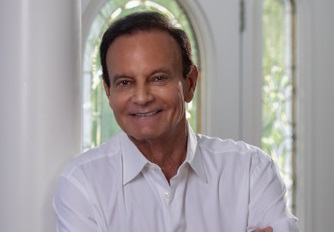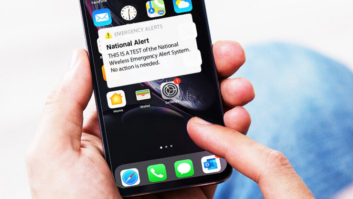 The author of this commentary is the publisher of Inside Music Media, where this commentary first appeared. Subscription info can be found here.
The author of this commentary is the publisher of Inside Music Media, where this commentary first appeared. Subscription info can be found here.
SiriusXM is alive and kicking for now, but embracing a time bomb that will go off in the next few years, redefining the radio monopoly and making it look like its struggling terrestrial radio competitors.
No reason to panic:
- Quarterly profit was up 2% to $316 million, EBITDA flat.
- They still produce large amounts of free cash flow from 34 million subscribers most of whom are older and paying various discounted rates off of the $99 one-year price.
Reasons to be concerned:
- SiriusXM loses 173,000 subscribers in the second quarter (100,000 self-pays, 70,000 paid promotional) in a continuing quarter-after-quarter subscription erosion.
- Their stock was down 6% before this week’s market panic over a possible approaching recession.
- Erosion was not as bad as the same period last year, churn remained steady at 1.5%.
- Pandora’s streaming service and off-satellite projects are up 8% to $138 million for the quarter but ad revenue is flat at $400 million – Pandora, a big disappointment on getting on the streaming music craze.
- They’re giving it away for free for those who won’t pay and that’s basically the audience they need to continue to be an ongoing growth business.
- I paid zero through an American Express offer which has been pulled recently so my monthly fee is $3 and some radio folks who subscribe to my publication often write to me with off-price offers they get from SiriusXM.
- I have been fortunate to teach music industry at two leading universities (USC and NYU) and I have yet to find one student who would be willing to pay their own money for satellite radio – many won’t listen in their parent’s cars when they have it unless mom or dad are driving.
- Many young people don’t want to drive or own a car but if they do, Spotify on wheels is just fine.
What to watch:
- As part of their disappointing second-quarter revenue reveal, SiriusXM announced an ad-supported, in-car subscription plan called Free Access.
- The first paid radio service is heading for the hills preferring to keep customers and subject them to the very ads they were trying to get away from on terrestrial radio when they decided to pay.
- The Free Access plan will carry commercials on a selection of music, talk, sports and comedy channels – dashboard sign-ups, no financial info needed.
- Only certain types of radios are eligible for this freebie satellite offer, but it, along with their trend of cutting subscription prices, shows they can no longer sustain a paid radio service with a younger market that would prefer Spotify or Apple Music.
What it means:
- Satellite radio as a growth business is over, with or without add-on businesses to account for losses in their main business revenue.
- Free terrestrial radio is no longer a growth business by any metric, and SiriusXM has that to look forward to as subscriptions dry up.
- A handful of streaming music services now own the music market, and podcasts offered almost always for free are splitting the audio business – even as their attempt to become a paid subscriber business is likely to fail as well.
The bottom line:
Satellite radio at birth was touted as the next generation of radio, but terrestrial radio without commercials for a fee was wrong from day one, and the one remaining monopoly is about to pay the price.



